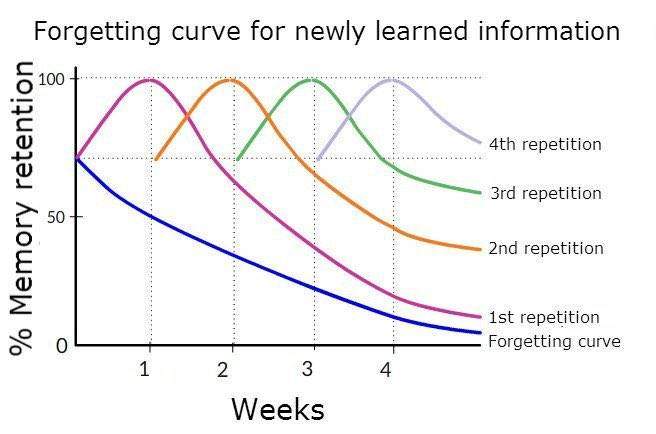
I’m almost certain you’ve had faced this situation many times:
- You open your mouth to speak something in English;
- You start the sentence and then out of nowhere you FORGET a particular word…
- Now you are trying to remember that word
- But Alas! You were not able to remember that word and therefore you can’t say a thing!
It is one of the worst and embarrassing situations that any of us can possibly have. And I am sure you don’t want to be in that situation anymore.
Let’s try to figure out why you forget English words or English vocabulary and how to make sure that it doesn’t happen again.
We know that the ‘bricks’ of a language are words, but do you know what are the ‘red bricks’? Red bricks is referred to those words in English that are sometimes hard to remember.
It is obvious that you would have to try to learn some new words so that you can improve the command over your language. Every learner who dreams to add new words in his/her dictionary must go on a diet: as the expansion of words never comes up through any magic trick. For most of the learners, simply memorizing a list of words does not always work. It requires a bit of effort and no single secret always works for it.
Learning new words – not a cakewalk, why?
For people who do not have English as their first language, it becomes a little difficult to learn the true meanings of the words in one or two go. The secret, however, lies in how well you have learnt those words and did you really understood the meaning of those words. Let’s take a look at the Forgetting curve and how it has an impact on your language learning.
Forgetting curve nicely explains about our retention, learning and how information fades which we learn.
We really can’t rely on our memory. When we really feel that we have finally memorized the information – the brain has the tendency to destroy the information from our mind after some time. The graph above shows that when you learn something for the first time, the information fades away from your brain at a very fast rate. This means that whatever new information or new words you have learnt – it is important that it has meaning for you.
Brain capacity increment to adapt tough words
Learning process in the brain starts with decoding, goes with storage and ends with retrieval. In between all these processes, if the terminology ‘knowledge-gap’ appears, where what we learnt can’t be recalled, then it indicates that something has gone wrong with the process of learning.
Memory tends to be obsolete when it does not work, constant stimulation of the brain is always a requirement as it starts with weakening and eventually disappears. Bit of exercise done by your brain daily can have a cumulative effect on its working.
Keyways –
1. Memory techniques
Use of mnemonics is very much prevalent; this technique helps in learning complex words with mental shortcuts. For example, the word ‘hydroxychloroquine’ can be remembered as from the chemical elements’ hydrogen, oxygen and chlorine. Another memory technique that is easy to remember is the color of a rainbow. You might have tried to learn Violet, Indigo, Blue, Green Yellow, Orange, Red as VIBGYOR. This tactic can be used to learn a lot of synonyms.
2. When words come into context
Like a grade four kid, you can carry a word list with yourself but nothing fruitful until it’s in use. The sentences we use in our daily life should have the hard and new words we have been learning until you put the words into a natural habitat, it cannot be retained.
3. Visualization
Words have a strong relation with movies, series podcasts, books, songs, or even real-life situation where the tough vocabulary gets a scenic platform and hence visualization helps in retaining the tough words.
4. Games and quizzes
Teenagers and people in their 20s get easily attracted to games. There are various games available in the market. Some of these games come on apps while some can be found on traditional platforms like newspapers and magazines.
Learning vocabulary through root words
If you want to expand your word power in less time, root words are always effective. People who prepare for competitive exams like TOEFL, SAT, GMAT, etc. often use this technique. It is the most fundamental technique to learn new words and this technique often keeps the words in the memory for a long time.
Learning Environment
Vocabulary extension does not always come up after crossing an international boundary, the learning environment we create with books, magazines, movies, etc. helps us in increasing the range of words we know.
Repetition is a key to retention
Daily, increasing the word range in your dictionary may not lead to effective retention. Instead repetition of old words learnt regularly could help in effective retention.
There are many approaches to learn the same thing. Approaches such as learning from flashcards, apps, quizzes, crosswords, etc. are available for building vocabulary. While selecting the method, you should keep it parallel with their skills and then decide what can be the most effective way to get maximum results. There are also a few good English Learning App where live English experts help you in improving your command of English.